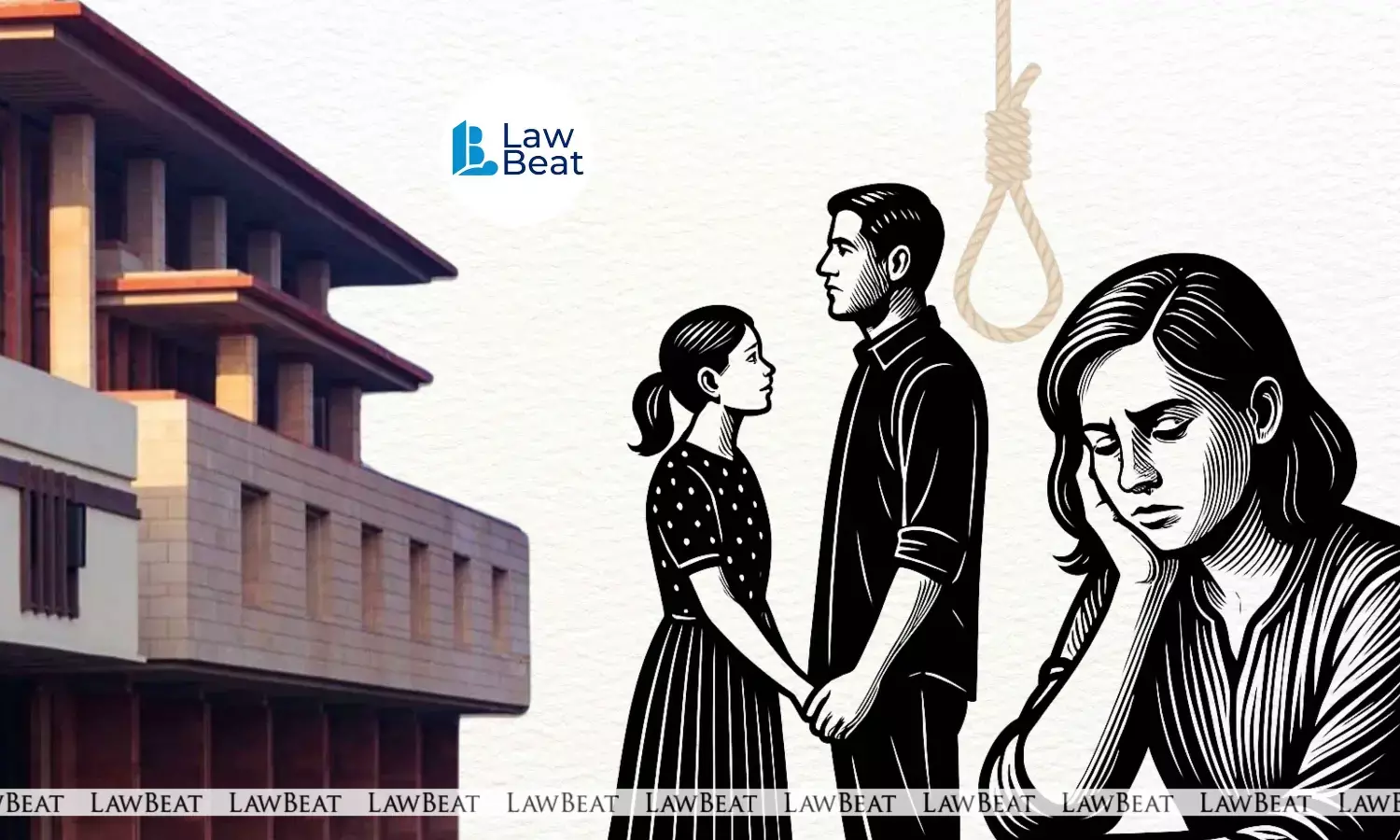Delhi HC Grants Bail to Husband in Dowry Death Case, Says Affair Alone Not Cruelty or Abetment

The Delhi High Court has recently granted bail to a man accused of dowry death, noting that an extramarital affair alone does not amount to cruelty or abetment of suicide unless pursued in a way that harassed the deceased.
A bench led by Justice Sanjeev Narula was hearing the husband’s plea for regular bail in a case registered under Sections 498A (cruelty), 304B (dowry death), and 34 (common intention) of the Indian Penal Code (IPC).
"....... law is settled that an extramarital affair, per se, does not amount to not, cruelty under Section 498A IPC or abetment under Section 306 IPC, unless it is shown that the relationship was pursued in a manner calculated to harass or torment the deceased," the court held.
Observing that mere suspicion of an affair or strained relations does not attract abetment of suicide under Section 306 of IPC, the court asserted that for such a charge to even apply, the accused must have in some way instigated, provoked, or actively facilitated the commission of suicide.
The deceased wife died by hanging herself during the late hours of March 18, 2024. During the investigation, her family alleged that she had disclosed over telephonic conversations that the applicant was having an extramarital affair with his office colleague, Sarita. When confronted, the applicant allegedly began physically abusing her.
It was further claimed that the deceased had been subjected to regular domestic violence during the year preceding her death. The family also alleged that after purchasing a car, the applicant repeatedly pressured her to arrange EMI payments from her family and had even threatened to kill her if the money was not arranged.
During the proceedings, Senior Advocate Ramesh Gupta, appearing for the husband, contended that the prosecution's case rested largely on uncorroborated allegations made by the deceased’s family.
It further denied the dowry allegation and said that the allegations were made only after the incident, with no prior complaints by the deceased or her family.
Opposing the bail, APP Hemant Mehla, appearing for the State, contended that the deceased wife was consistently faced with dowry-related harassment, which eventually led to her unnatural death.
Placing reliance on the Supreme Court’s judgment in Rajinder Singh v. State of Punjab, the court reiterated that to attract Section 304B IPC, there must be clear evidence that the woman was subjected to dowry-related cruelty or harassment “soon before her death.” However, in the present case, the court found no such material to support the allegation.
Noting that the investigation has concluded and the chargesheet has been filed, the court said that the case is currently at the stage of prosecution evidence and that the continued incarceration of the Applicant would serve no fruitful purpose.
Accordingly, the court granted bail to the husband.
Case Title: ANSHUL versus THE STATE OF NCT OF DELHI THROUGH SHO PS GEETA COLONY
For Petitioner: Mr. Ramesh Gupta, Senior Advocate with Ms. M. Begum, Mr. Shailendra Singh, Mr. Harsh Chaudhary, Mr. Ishaan Jain, Ms. Avneet Kaur, Mr. Sumit Singh and Mr. Surya Pratap, Advocates
For Respondent: Mr. Hemant Mehla, APP for State with Mr. Lalit, Insp., PS-Geeta Colony. Mr. M.N. Jha, Mr. Sarvesh Kumar and Ms. Meenakshi, Advocates for Complainant.
